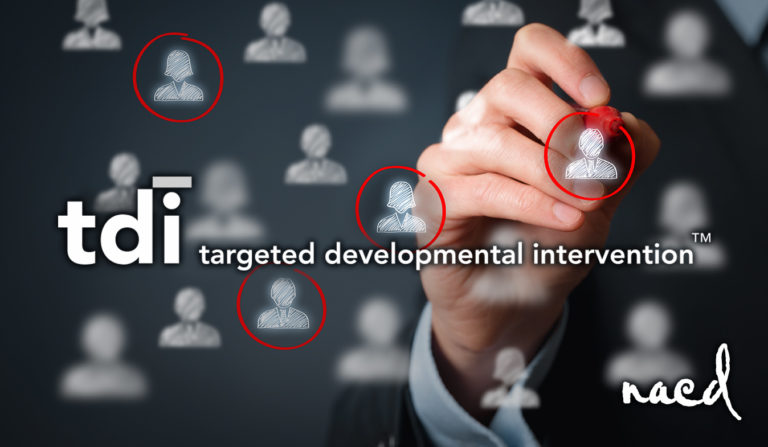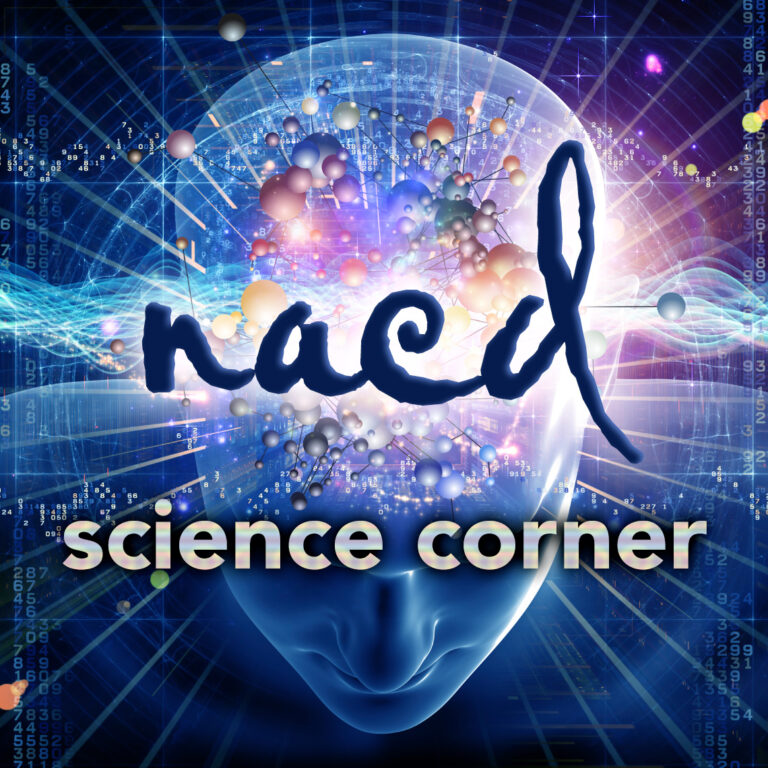The Sweet Spot: Optimizing Education & Developmental Intervention
by Bob Doman As a kid I played a lot of sports, and there was a term, “The Sweet Spot,” which was a bit of a mystery until I started hitting it. Since that time “The Sweet Spot” has come to be used in many situations; but in general, as it is applied, it means,…








